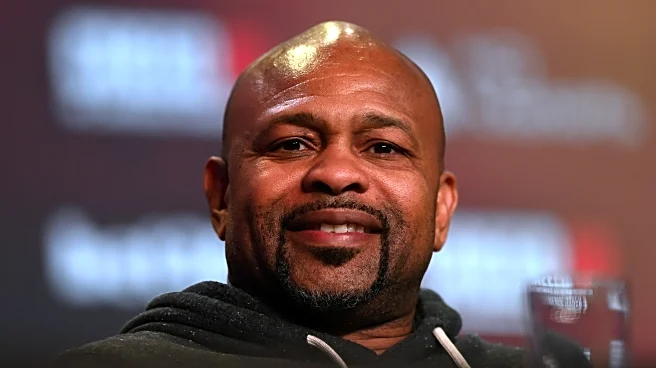Rapid Read • 6 min read
The World Health Organization (WHO) plays a crucial role in global health governance by establishing international norms and standards, coordinating health initiatives, and promoting global health equity. WHO's functions include setting health policies, providing technical support, and facilitating international cooperation. The organization faces challenges in maintaining its core functions amid budget reallocations and the need for effective coordination among diverse health actors.
AD
WHO's leadership in global health governance is essential for addressing health inequalities and promoting international cooperation. The organization's ability to set norms and standards influences global health policies and practices. However, budget constraints and the need for coordination among multiple health actors pose challenges to WHO's effectiveness. Strengthening WHO's core functions and ensuring adequate funding are critical for its continued impact on global health.
The evolving global health landscape requires WHO to adapt its strategies and prioritize its core functions. The organization's role in coordinating international health efforts and setting norms is vital for addressing complex health challenges. WHO's ability to navigate political and financial pressures will determine its future effectiveness in promoting global health equity. The agency's focus on health determinants and advocacy for health rights remains central to its mission.
AD
More Stories You Might Enjoy












